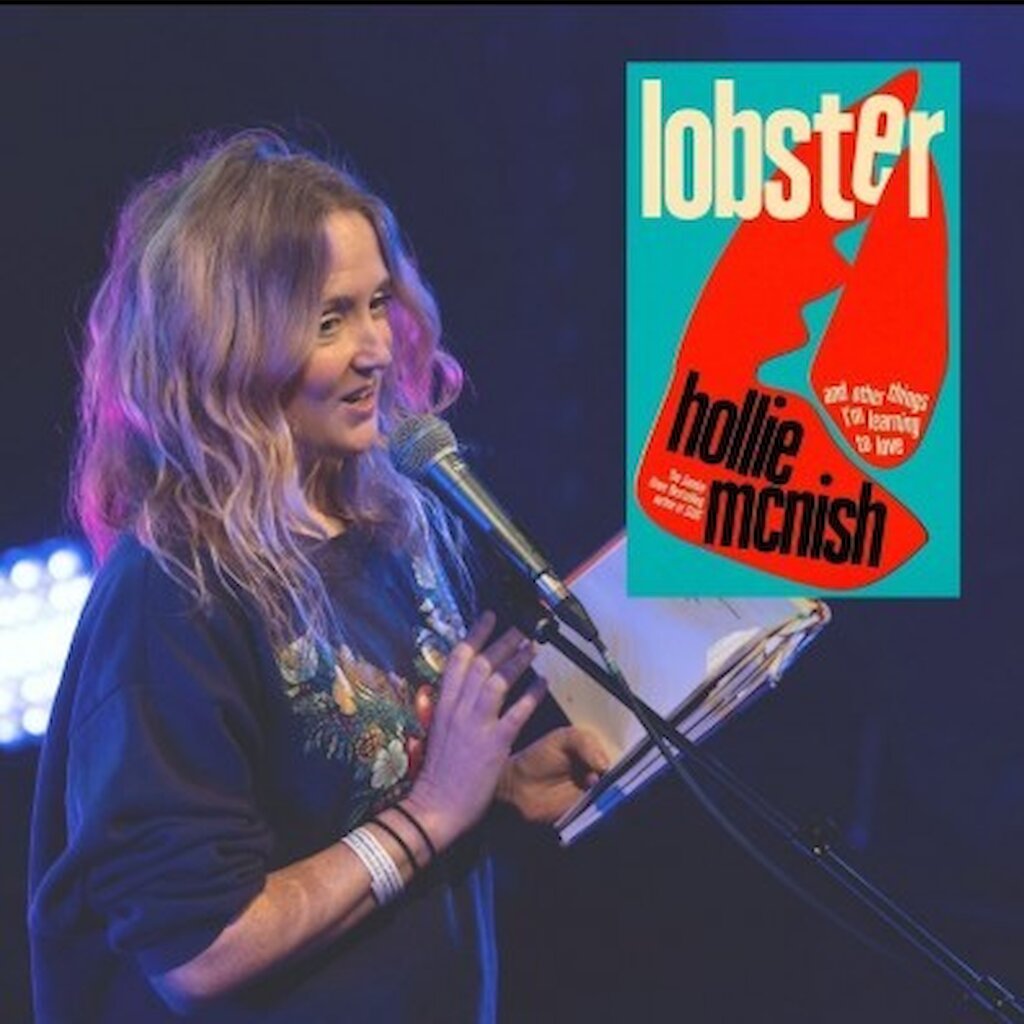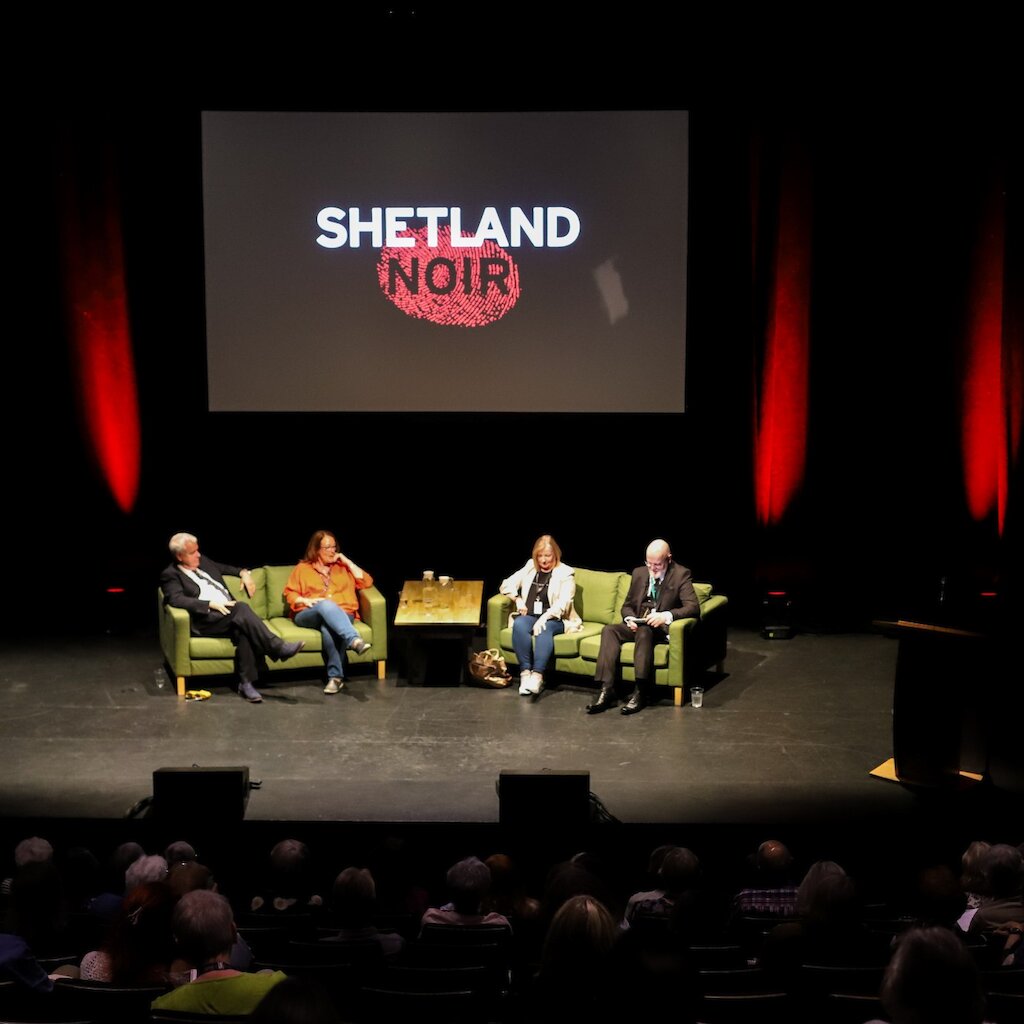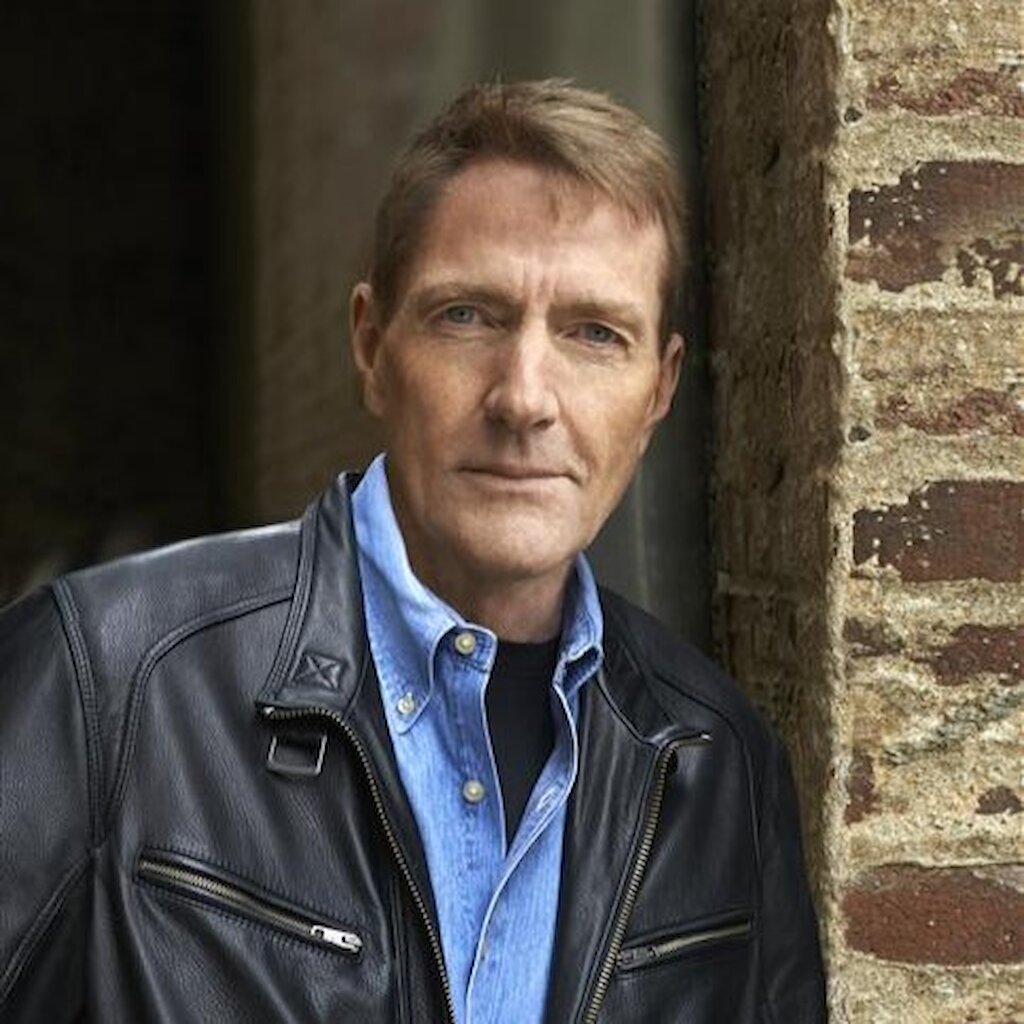Civico, editor of the Shetland Times who opened the event by introducing journalists James Ball and Marianne Taylor, chaired the panel-style set-up.
After his introduction, James Ball began to talk about some of his work. After playing a key role alongside WikiLeaks founder Julian Assange in the Pulitzer Prize-winning coverage of the NSA leaks by Edward Snowden, Ball worked for The Guardian and now Buzzfeed UK. His book 'Post-Truth: How Bullsh*t Conquered the World" inspired this event.
Marianne Taylor has worked for The Guardian, The Herald and several other national publications. She spoke about how the mainstream media has weakened itself repeatedly recently with their outrageous ‘clickbait’ style headlines. She made it clear that she is a firm believer that affirmation is incredibly important.
A discussion about ‘bullsh*t’ as a concept began. Ball discussed American philosopher Harry G. Frankfurt’s 2005 work, “On Bullsh*t” and more specifically his quote, “bullsh*t is a greater enemy of truth than lies are”. A naturally captivating talker, Ball ran through some extreme examples of ‘fake news’ from recent history. One example was an outrageous claim that during Barack Obama’s period as the President of the United States, the government bought 30,000 guillotines. This was quickly shot down and proven to be ‘bullsh*t’ and had absolutely no proof. However, a few sensationalist headlines was all it took for this rumour to catch on.
One of the major topics of discussion was the gap in trust that has developed between the mainstream media and the reader. Taylor said she thinks journalists need to figure out how they lost the people’s trust and figure out a way to get it back. James Ball agreed and explained how some less-respectable papers run stories about the Nibiru cataclysm finally ending the world because it gets free interest, even if the actual article contradicts the headline.
The group agreed that the worst kind of ‘fake news’ is about groups you already mistrust. According to Ball, 69% of people who share startling headlines online had not even clicked on the article – just read the headline.
Civico then opened the discussion to the audience and some tough questions were well handled by the panel, accepting criticisms of their ideas and thoughts.
For an event with potential to become controversial, the professionalism of the three on stage meant it remained a pleasant, well-natured afternoon.



